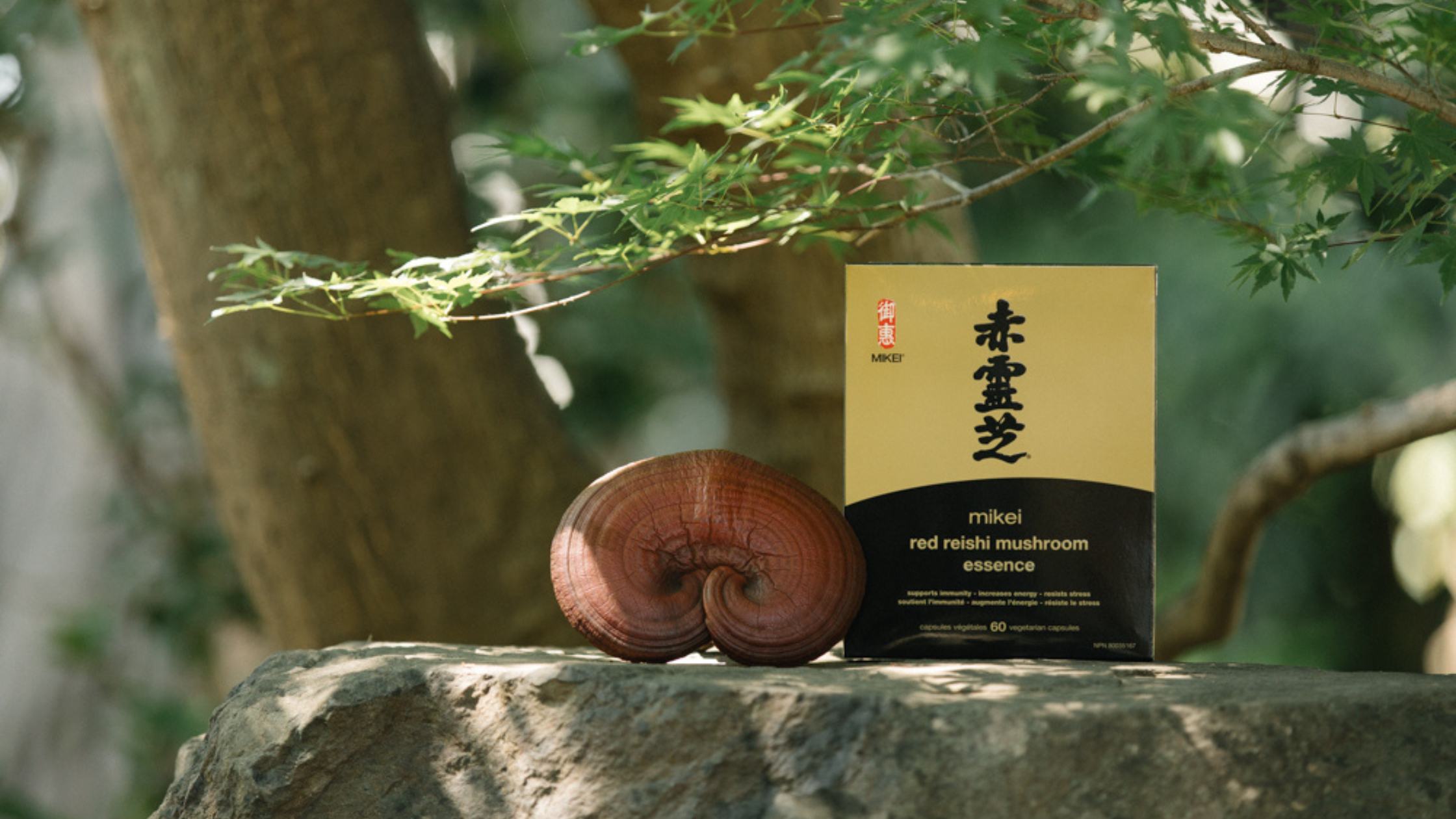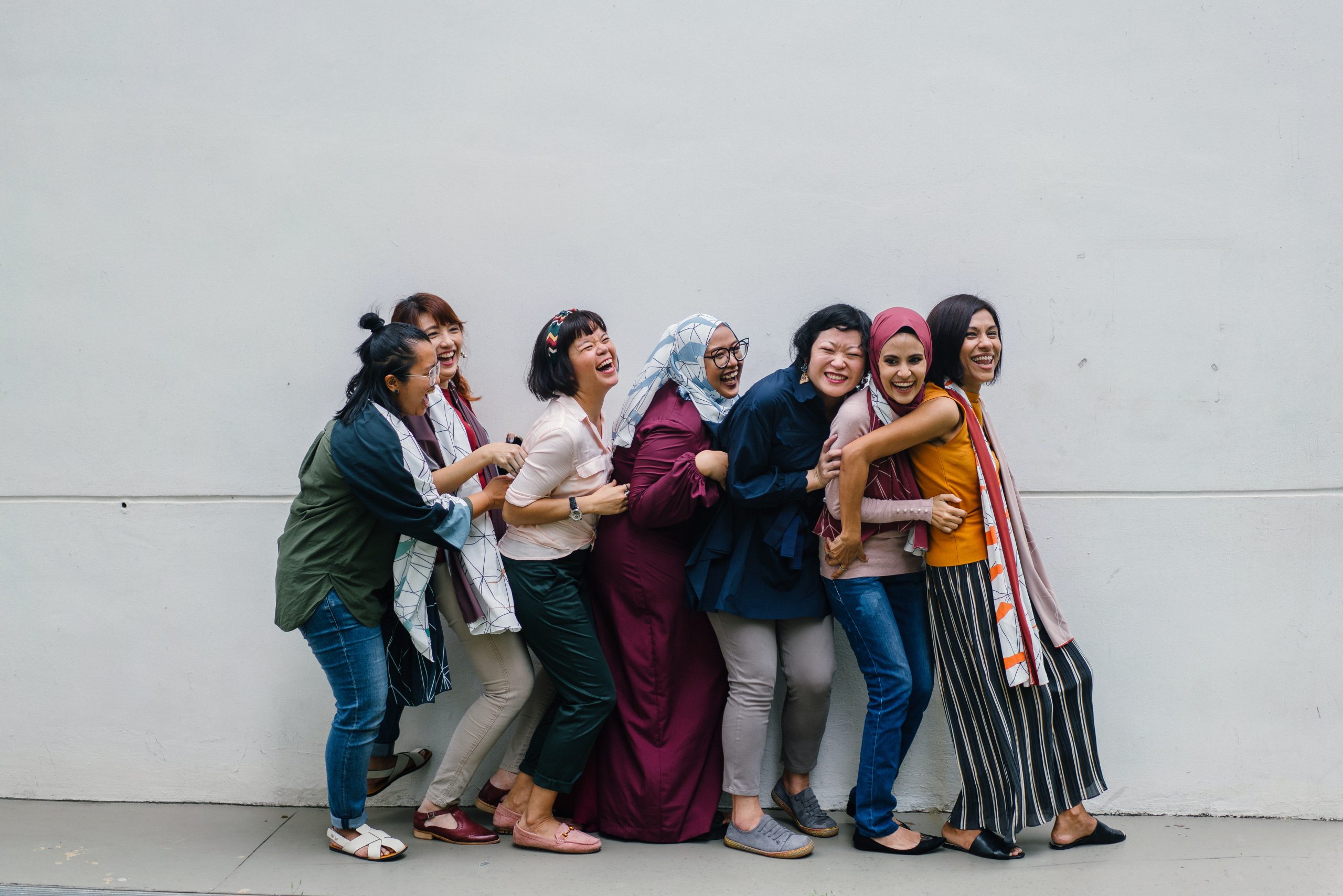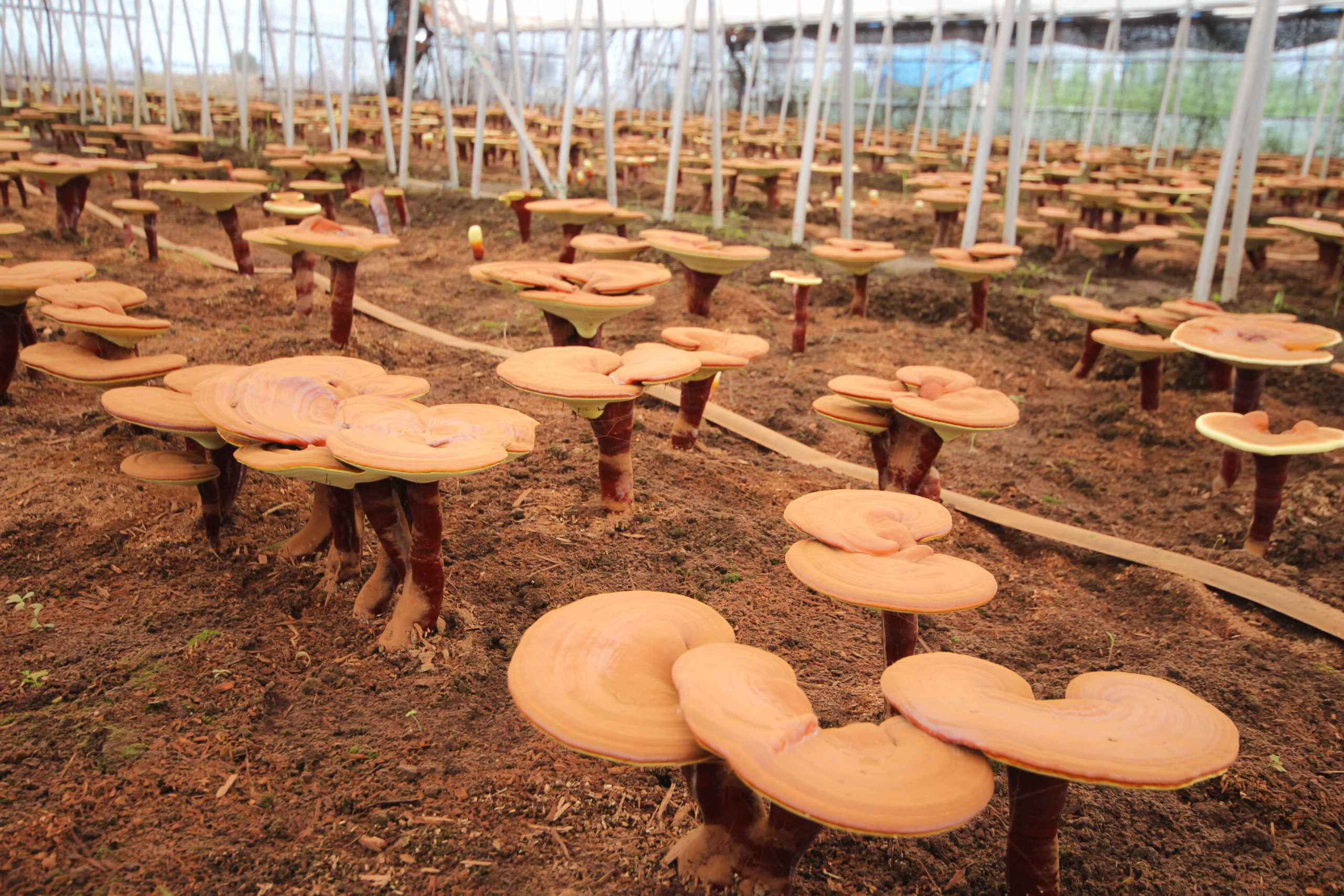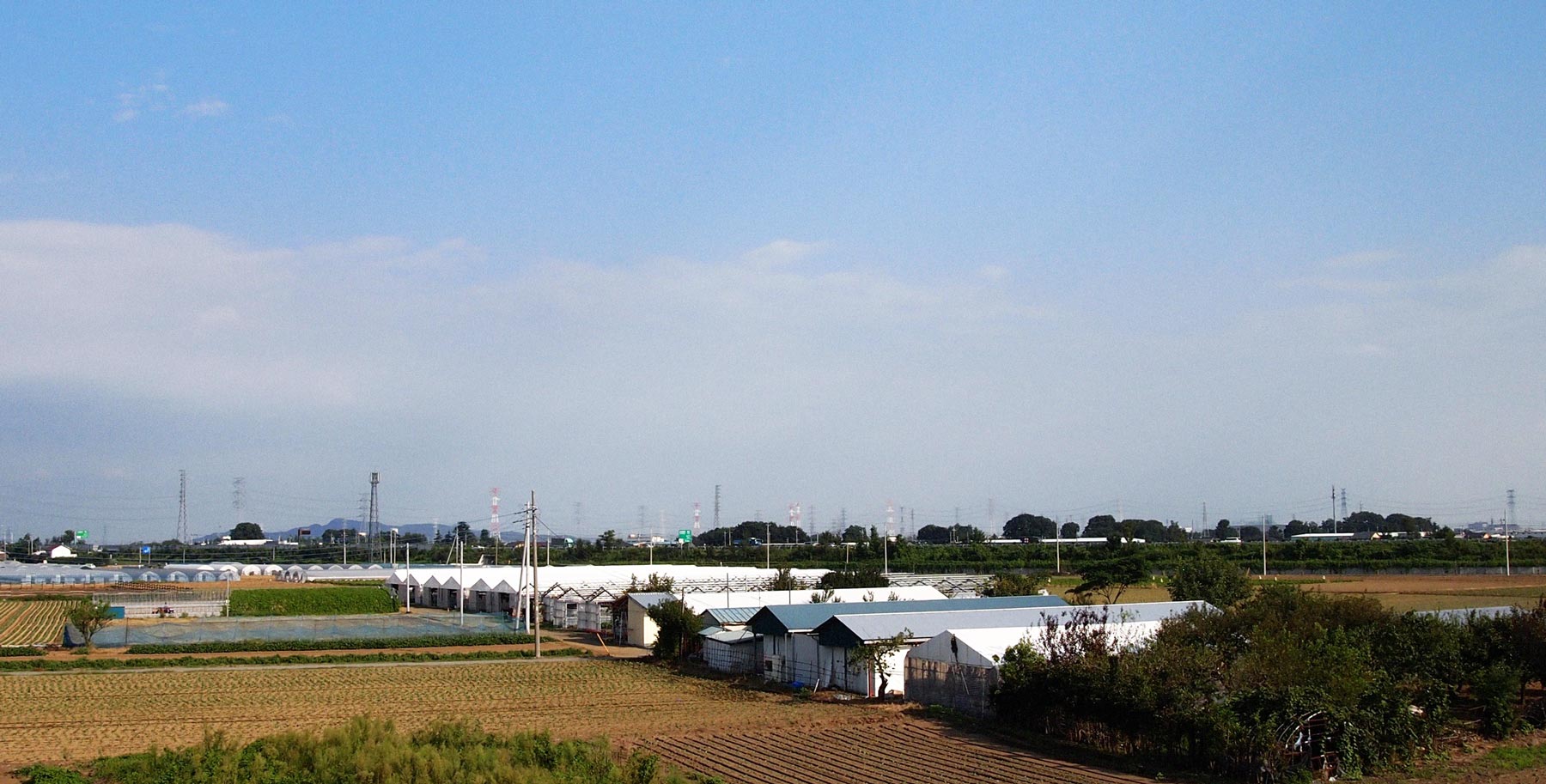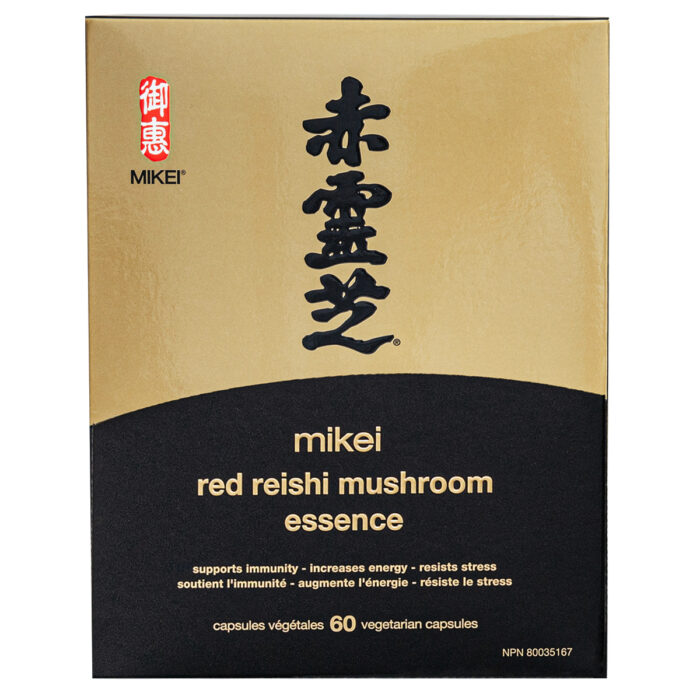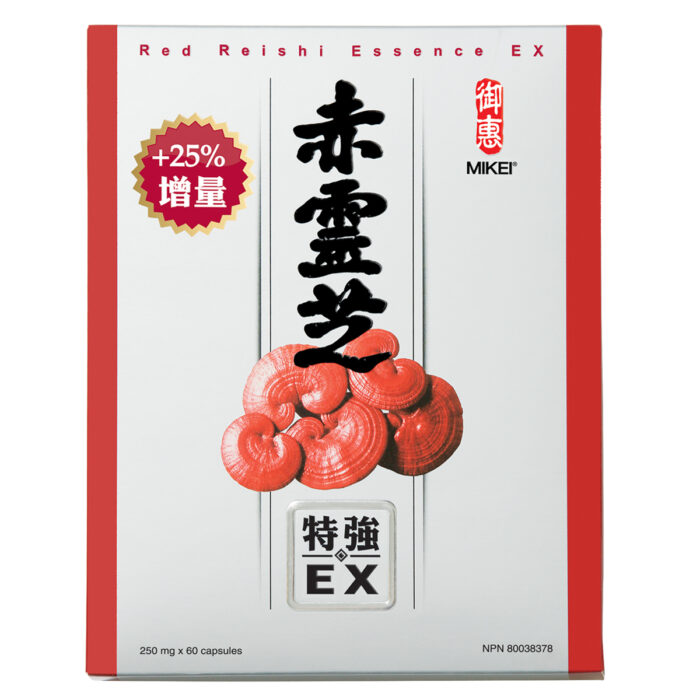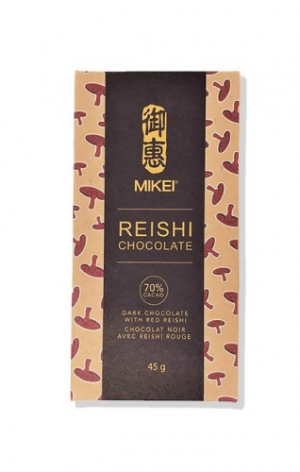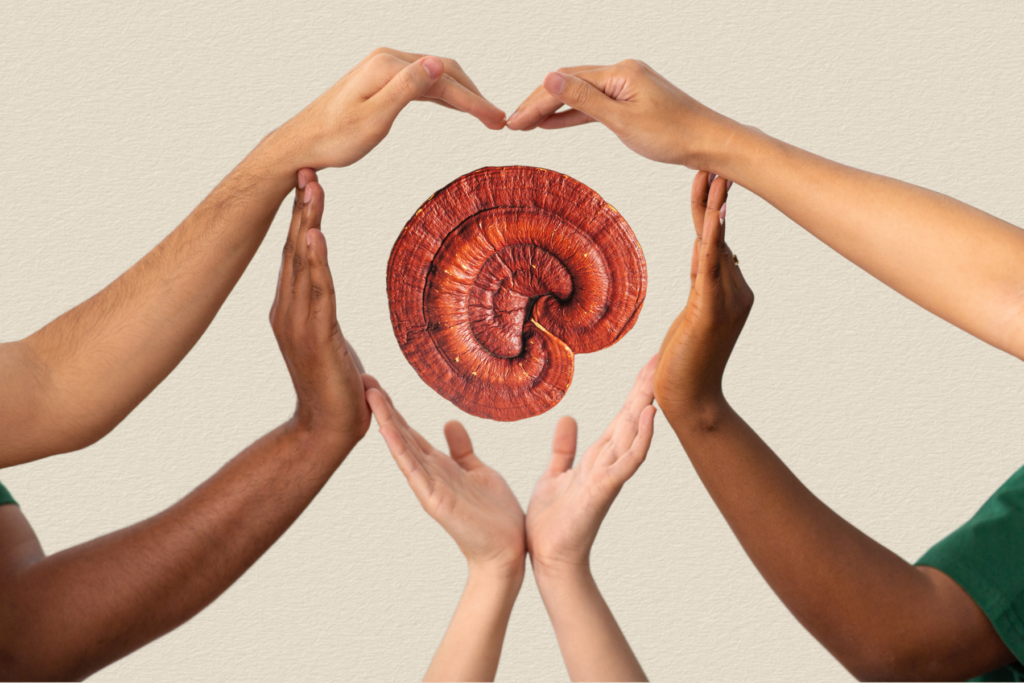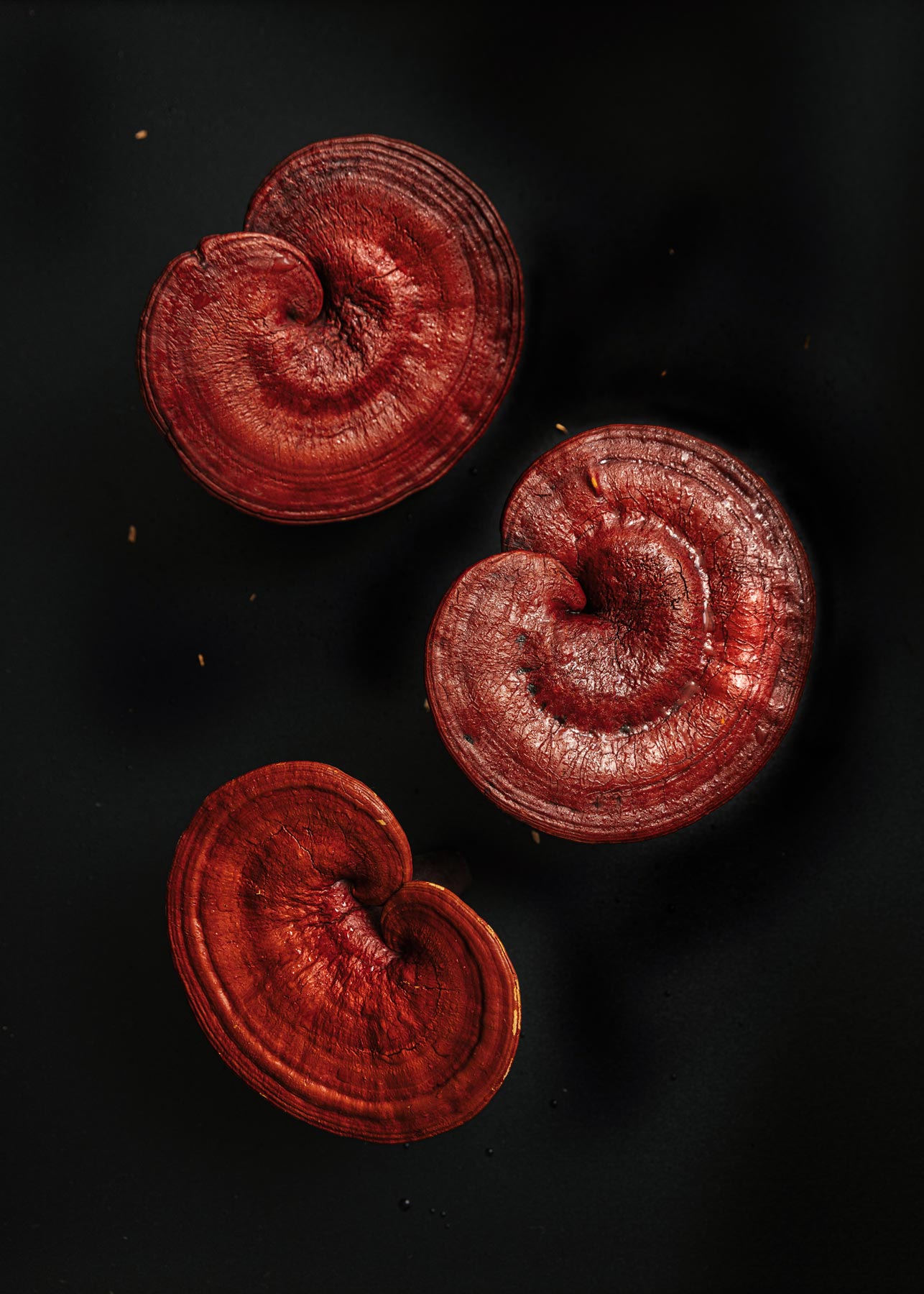
Rich in bioactive compounds called polysaccharides, red reishi has immune-modulating properties to help with immunity.
免疫システムをサポートする
Support the immune system
Read MoreRed reishi is classified in the category of herbs that “Calm Spirit” because of its ability to calm the mind, reduce anxiety, treat insomnia, and help manage stress.
ストレスによる悪影響を緩和する
Reduce the effects of stress
Read MoreAs a tonic for qi, reishi provides a harmonious balance of energy throughout the day.
体のエネルギーレベルを保つ
Balance energy levels
Read MoreThis simple herb helps to support and guide your health back to equilibrium.
自然界で最も強力なアダプトゲン
Nature's most powerful adaptogen
Read More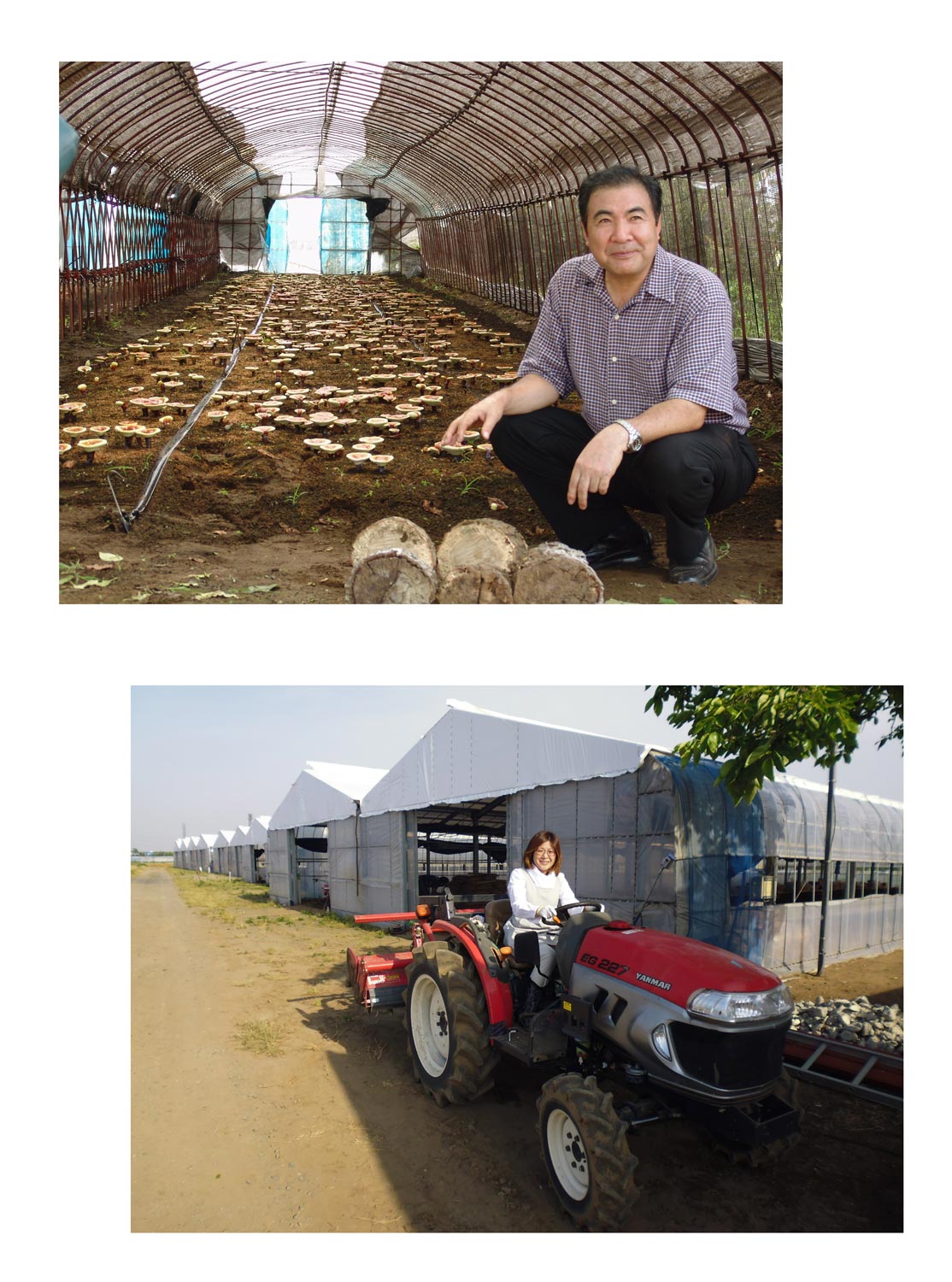
Our History
The Mayuzumis are a multigenerational mushroom growing family based in Gunma prefecture, a mountainous region in Japan. In the 1970s, Fumimaru Mayuzumi discovered his proprietary reishi strain during one of his many forages in Gunma. With the perfect strain in hand, Mayuzumi developed natural wood-log cultivation to commercially grow reishi—a feat considered impossible to achieve for centuries.
Since their discovery, the Mayuzumis continue to dedicate themselves to sharing the healing benefits of red reishi.

Considered as one of the early pioneers of reishi cultivation, the Mayuzumis have been producers of high quality red reishi products for over 40 years. Today, their propriety reishi is used in all Mikei® products.
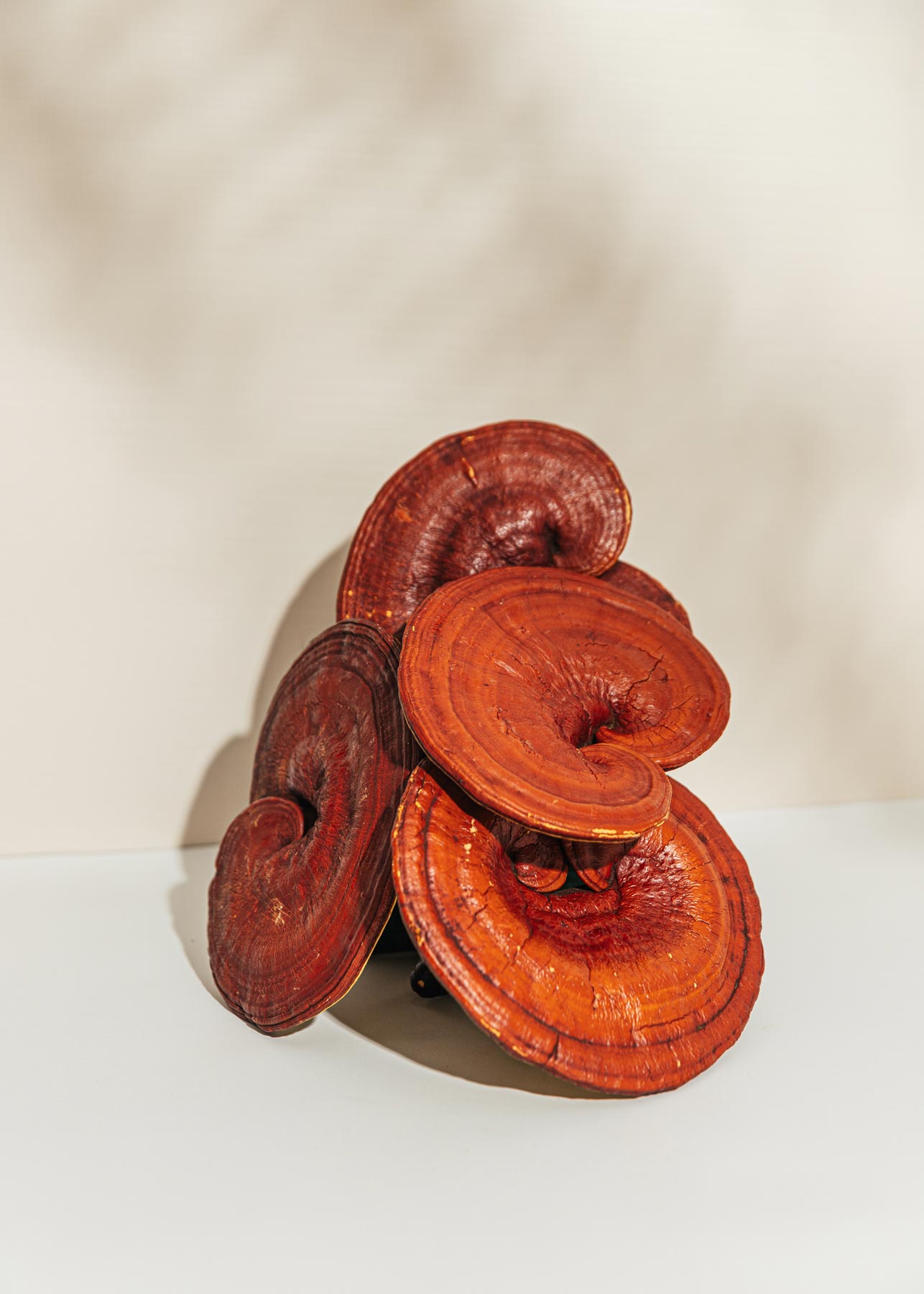
Our heart, both physically and emotionally, plays a vital role in our overall wellbeing. It is not just the organ responsible for pumping blood but …
Current Redemption Policy To receive your complimentary Mikei® Red Reishi Mushroom Essence or Mikei Red Reishi Mushroom Essence EX capsules, please submit your vouchers either …
With the start of the new year, you may be among the many who have decided to prioritize your health and well being. Whether it’s …


